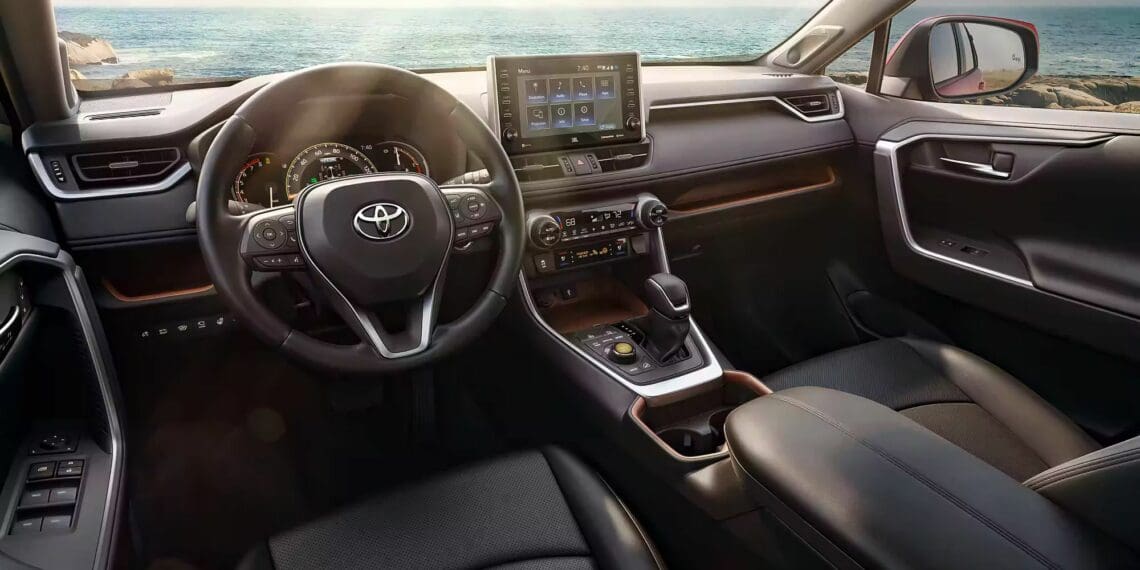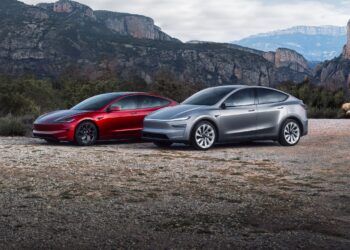An American study compiled data from thousands of cars to reveal the ranking of the most reliable brands and models.
The annual automotive quality and satisfaction report from Consumer Reports, a publication of the United States Consumer Protection Association, is one of the most reputable in the world, with its ranking of the brands and models with the most and least problems over a year. The 2023 list, with data collected from over 300,000 members, has just been released and puts six models from a well-known brand among the top 10.
In the mega-satisfaction survey, the American association only considers cars manufactured between 2000 and 2023 and brands that have more than one model under evaluation, which explains many absences.
Among the group of manufacturers that meet the evaluation criteria, Toyota had the highest rating, with seven (!) cars among the most reliable.
Consumer Reports interviews car owners about the problems they have had in the last 12 months, in order to note breakdowns or failures in over twenty different categories, according to the level of severity. Then, the collected data corresponds to a reliability index on a total of 100 points.
These were the top-rated models, the ten models that gave their owners the fewest problems in 2023:
Toyota 4Runner: 87 points out of 100
Toyota Camry Hybrid: 87
Toyota Camry: 86
Toyota RAV4 Prime: 84
BMW X5: 82
Subaru Forester: 82
Toyota RAV4: 80
Acura RDX: 80
Toyota Corolla: 77
Toyota Highlander Hybrid: 75
How is the study conducted?
With over 85 years of experience in automotive testing, Consumer Reports only considers cars produced after the year 2000, analyzing all potentially problematic parameters, from minor inconveniences – such as noisy brakes, parasitic noises, or assembly failures in the interior – to major problems, such as engine, transmission, or battery failures.
A severity index is established for each point, to create a predicted reliability score for each vehicle, from 1 to 100. The rating is then combined with the data collected in track tests, as well as with the results of the owner satisfaction survey and safety data, to calculate the overall score for each tested vehicle.
This year, the study also addresses a growing number of electrified offerings: hybrids, plug-in hybrids (PHEVs), and electric vehicles (EVs). As a result, three new problem areas have been added: electric motor, EV/hybrid battery, and EV charging:
• Internal combustion engine (ICE) vehicles have 17 potentially problematic areas.
• EVs can have up to 12 problem areas. Traditional ICE problems are not included, such as engine and transmission.
• Hybrids have 19 potentially problematic areas: 17 from ICE vehicles, as well as electric motor and EV battery.
• Plug-in hybrid electric vehicles (PHEVs) can face all 20 problem areas: 17 from ICE vehicles, as well as electric motor, EV battery, and EV charging.










